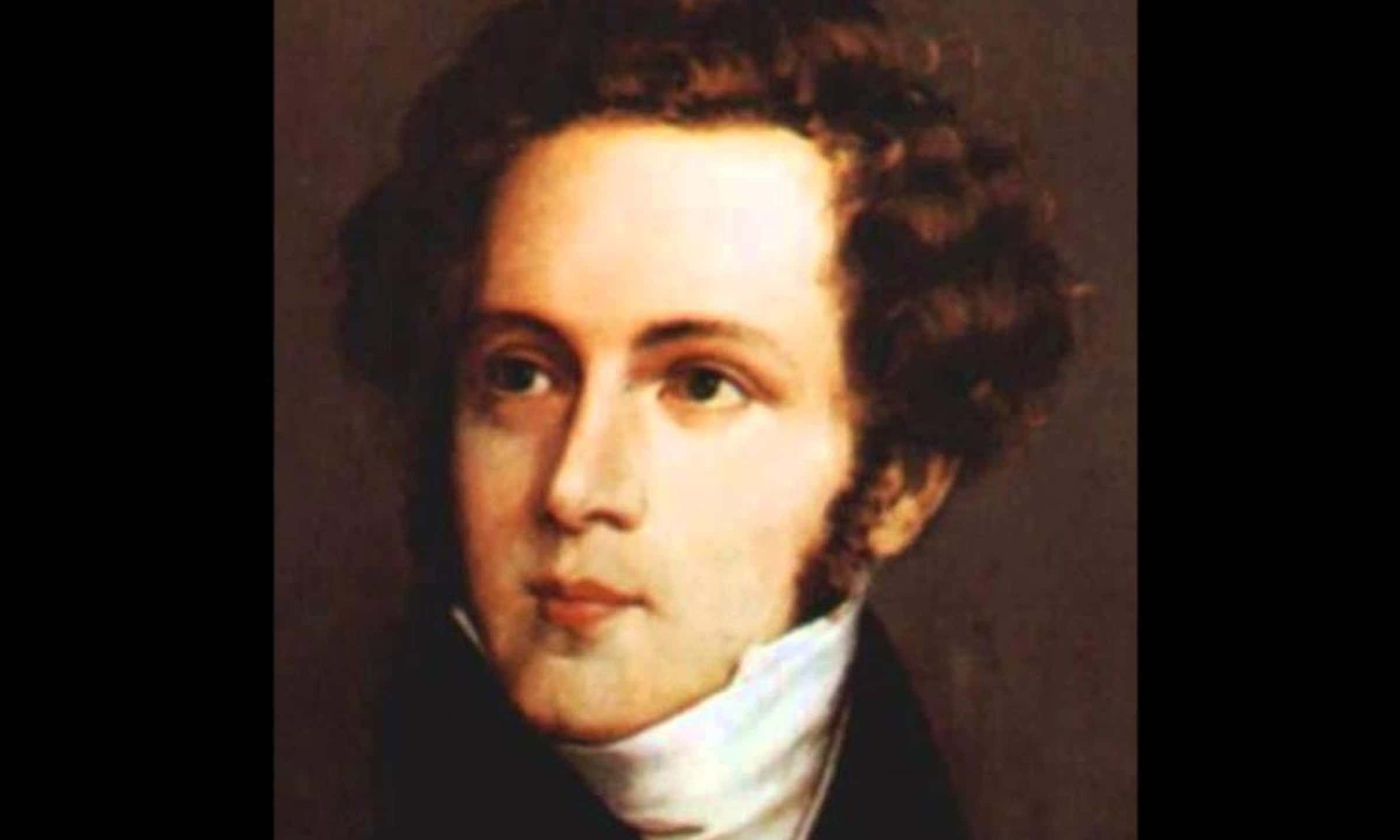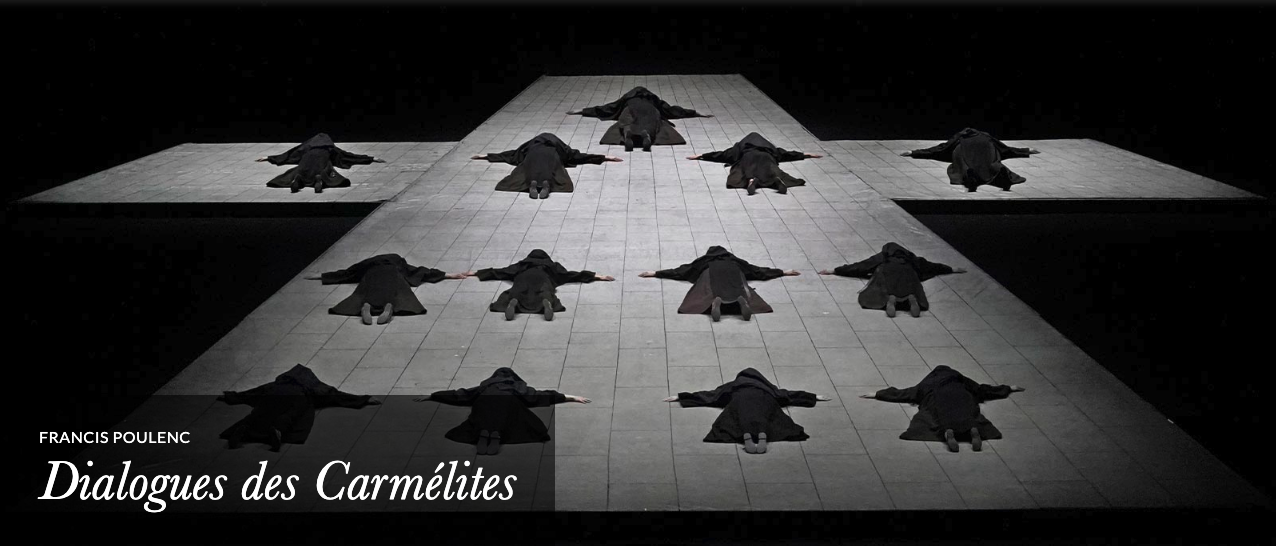Brahms at the piano
In wishing to salute Johannes Brahms, on his birthday or on any day, no words could ever match the mysterious and awe-inducing tribute of the soothsayer Schumann. I quote some of it below, with grateful appreciation for his noble attempt to articulate the ineffable phenomenon of Brahms.
“Someone would and must appear, fated to give us the ideal expression of the times, one who would not gain his mastery by gradual stages, but rather would spring fully armed like Minerva from the head of Kronion. And he has come, a young blood at whose cradle graces and heroes mounted guard. His name is Johannes Brahms, from Hamburg, where he has been creating in obscure silence… He carries all the marks of one who has received a call.”












